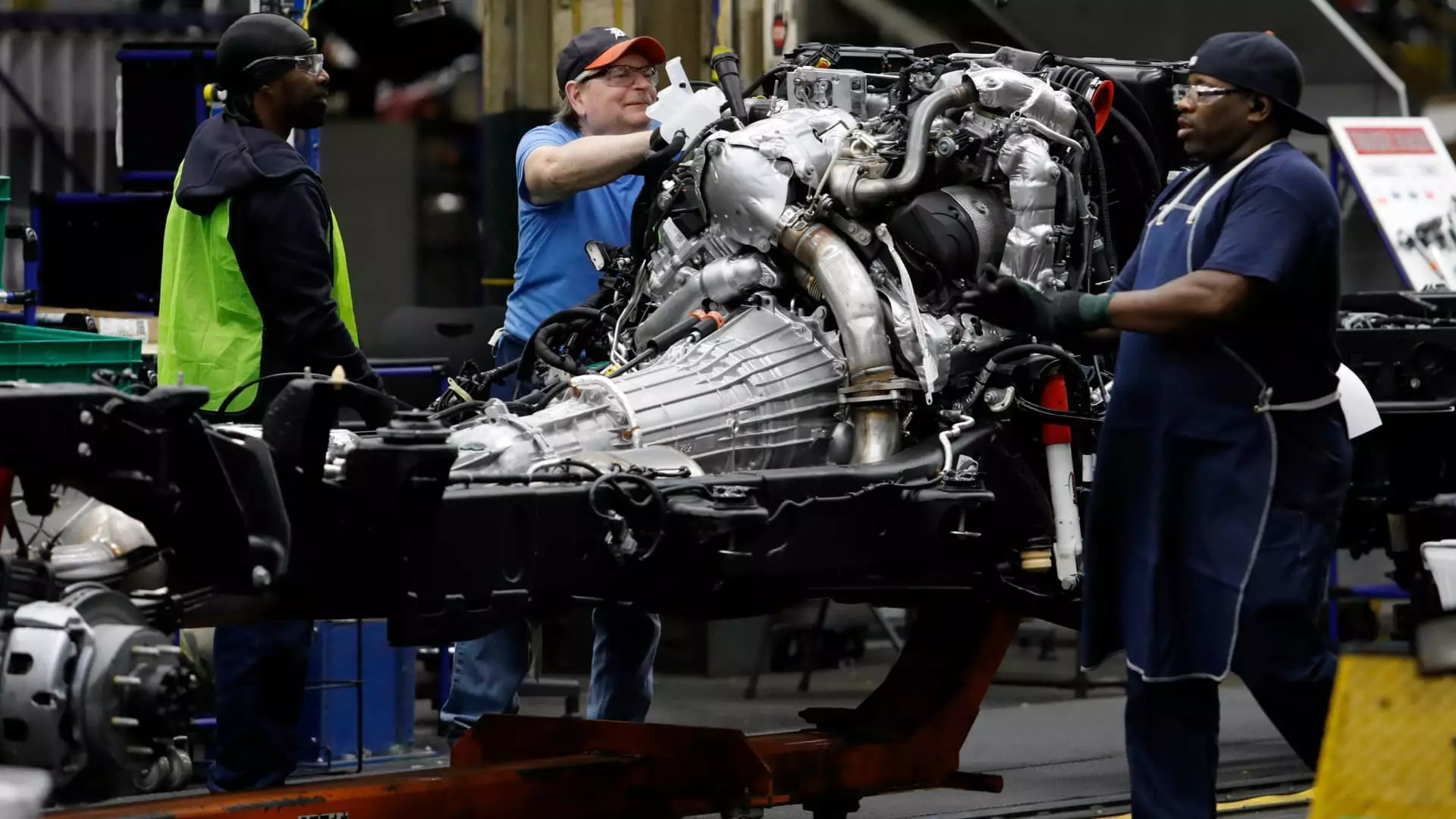In a notable turn of events, General Motors (GM) has been compelled to suspend operations at two of its key production facilities located in the United States. This decision comes in the aftermath of Hurricane Helene, which has adversely affected supply chain logistics essential for manufacturing large pickups and SUVs—segments of the automotive market known for their robust profitability. The shutdown includes a pivotal plant in Flint, Michigan, known for assembling durable heavy-duty trucks, and the Arlington Assembly facility in Texas, responsible for producing popular full-size SUVs including the Chevrolet Tahoe, Cadillac Escalade, and GMC Yukon.
As of Friday morning, GM spokespersons refrained from providing an estimated timeline for when the affected plants might resume operations. However, internal communications suggest that production at the Arlington facility could potentially restart as soon as Monday. The unpredictability surrounding the resumption of production emphasizes the challenges faced by the automaker in overcoming supply chain disturbances, compounded by the severe labor shortages and material supply issues that have plagued the automotive industry in recent years.
Hurricane Helene, which made landfall in Florida, wreaked havoc across southeastern areas of the United States and into parts of North Carolina, resulting in widespread fatalities and significant property damage. Reports indicate that over 215 lives have been lost, with many individuals still unaccounted for. In light of these circumstances, GM’s decision to halt production at its plants reflects a broader concern for the well-being of affected communities and stakeholders involved in its supply chain.
GM’s leadership has expressed its commitment to working closely with impacted suppliers to facilitate a swift and safe return to normalcy. Jeffrey Morrison, GM’s vice president of global purchasing and supply chain, has acknowledged that events like the hurricane, coupled with recent strike actions by port workers, have caused disruptions—an issue that GM is no stranger to, particularly in the wake of pandemic-related challenges.
Morrison also recognized that the COVID-19 pandemic has led GM to reevaluate its supply chain management processes. He suggested that the pandemic served as a catalyst for the automaker to develop deeper insights into its value chain, helping to better map supplier tiers and potential vulnerabilities. “Understanding our sub-tier suppliers has become much clearer,” he noted, emphasizing the importance of establishing strong communication channels with all suppliers to mitigate risks effectively in the future.
As GM navigates the complexities posed by these disruptions, the automaker aims to bolster its supply chain infrastructure and maintain proactive relationships with its suppliers. The dual challenges of Hurricane Helene and labor unrest illustrate the fragility of modern automotive manufacturing and the critical need for strategic foresight in crisis management. GM’s current situation serves as an important reminder of the interconnected nature of supply chains within the automotive industry and the urgency to adapt to unforeseen natural disasters and labor issues.

